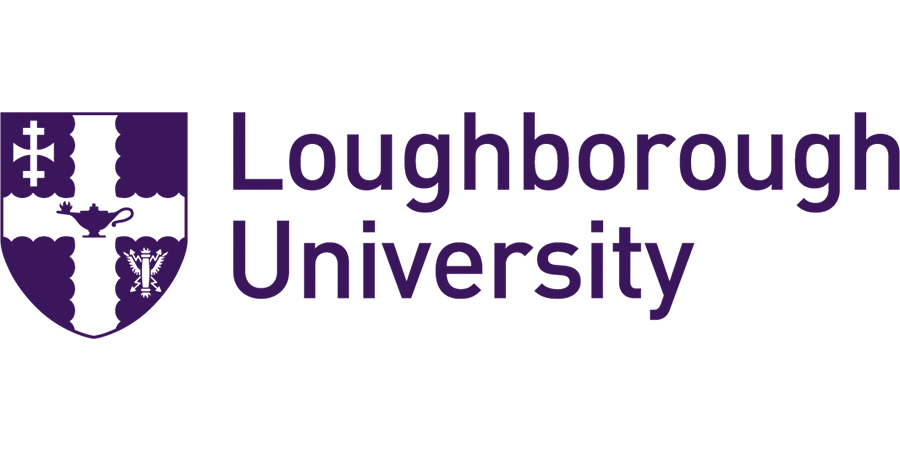PhD Studentship: Environmental Change in High Arctic Lakes: From the Holocene to the Anthropocene
Loughborough University
| Qualification Type: | PhD |
|---|---|
| Location: | Loughborough |
| Funding for: | UK Students, EU Students, International Students |
| Funding amount: | £19,237 per annum (in 2024/25) |
| Hours: | Full Time |
| Placed On: | 21st November 2024 |
|---|---|
| Closes: | 8th January 2025 |
| Reference: | CENTA-2025-LU10 |
Over the last century, the High Arctic has experienced rapid warming, with the Arctic warming four times as fast the global average since 1979. This has resulted in major impacts to Arctic ecosystems directly through changes in both their phenology and community structure, and indirectly through changes in hydrology as glaciers and permafrost dynamics alter.
Lakes are especially sensitive sentinels of such environmental changes, as they respond directly to climate change through changing heat budgets (affecting internal lake processes and nutrient dynamics) and indirectly to changing catchment stability, hydrology, vegetation and atmospheric deposition, affecting nutrient, sediment and pollutant flux.
However, because the Arctic remains so sparsely monitored, documenting such changes and their impact is challenging. Well-dated, high-resolution lake sediments in the ice-free margins of north-east Greenland (~81.5 °N) provide an excellent archive of environmental change, from lakes that lie both above and below the local marine limit, and offer a long-term perspective on lake-catchment dynamics that integrate changes over the lake-landscape system.
Such records can provide critical insight into key ecosystem functions and services, such as biodiversity, nutrient cycling, sediment transport and carbon sequestration, for understanding environmental change across the wider Arctic region.
Funding details
The NERC studentship is funded for 3.5 years starting from October 2025 and provides a tax-free stipend of £19,237 per annum for the duration of the studentship plus tuition fees at the UK rate and a Research Training Support Grant (RTSG) of £8,000. Further guidance about eligibility is available at UKRI Terms and Conditions. Due to UKRI funding rules, no more than 30% of the studentships funded by this grant can be awarded to International candidates, but successful International candidates will have the difference between the UK and International tuition fees provided by the University.
Entry Requirements
Applicants will normally need to hold, or expect to gain, at least a 2:1 degree (or equivalent) in Geography, Biology, Chemistry, Earth Science or Environmental Science or an appropriate Master’s degree.
How to Apply
- Complete a CENTA studentship application form in Word format (available from the CENTA website).
- All applications should be made online via the above ‘Apply’ button. Under programme name, select “Geography and Environment”. During the online application process, upload the CENTA studentship application form as a supporting document. Please quote 2025-LU4 when completing your online application.
- Application closing date is midnight (UK time) on Wednesday January 8th 2025. Interviews for short-listed candidates are expected to be held in the period Monday February 3rd – Friday February 14th 2025.
Advert information
Type / Role:
Subject Area(s):
Location(s):









